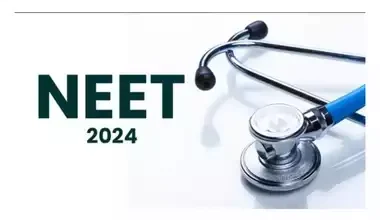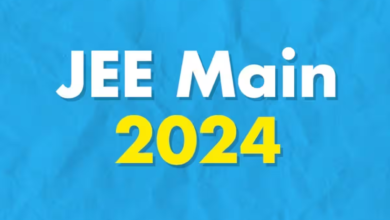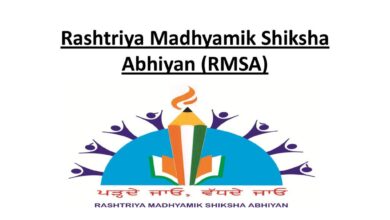Are the New Coaching Center Guidelines a Step Forward or a Stumble?
Hold on, parents! The government just dropped a bombshell on the coaching center scene, and it’s got everyone buzzing. Two new rules are causing a stir: a 16-year-old age limit for students and sky-high fee caps. Let’s dive into the details and see if this is a win for education or a recipe for frustration.
16 and Up: Too Late to Start?
The age limit raises eyebrows. Can kids really wait till 16 to get a head start on competitive exams? It’s true, early pressure can be counterproductive. But let’s face it, the cut-throat competition in India starts early. Many see coaching as a necessary evil, and delaying it might leave some students behind.
Luxury Learning: Can Everyone Afford It?
The fee caps are another hot potato. While curbing exorbitant fees is a good idea, the proposed limits seem… well, luxurious. Will quality coaching be affordable for everyone, or will it become a privilege for the privileged few? This could widen the existing educational divide, leaving underprivileged students at a disadvantage.
The Jury’s Out: A Mixed Bag of Concerns
These new guidelines are a mixed bag. While the intention to protect children and regulate fees is noble, the execution raises concerns. Will the age limit leave some students ill-prepared? Will the fee caps make quality coaching inaccessible to many? These are questions that need careful consideration.
Finding the Sweet Spot: A Call for Balance
The government needs to find a balance. Protecting children from undue pressure while ensuring they have access to quality coaching is crucial. Perhaps a flexible age limit with safeguards against excessive pressure could work. And while regulating fees is important, setting them too high could defeat the purpose.
The Final Say: A Shared Responsibility
Ultimately, the success of these guidelines hinges on a collaborative effort. Parents need to be aware of the potential pitfalls of early coaching and prioritize their children’s well-being. Coaching centers need to operate ethically and offer quality education at reasonable prices. And the government needs to be open to feedback and refine the guidelines as needed.
So, are these new guidelines a step forward or a stumble? It’s too early to say. But one thing’s for sure, the conversation about education in India just got a whole lot more interesting. Let’s keep the dialogue going and ensure that every child has the opportunity to reach their full potential.





